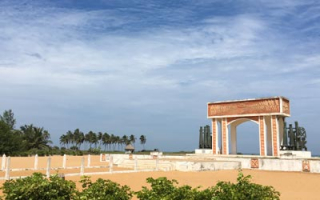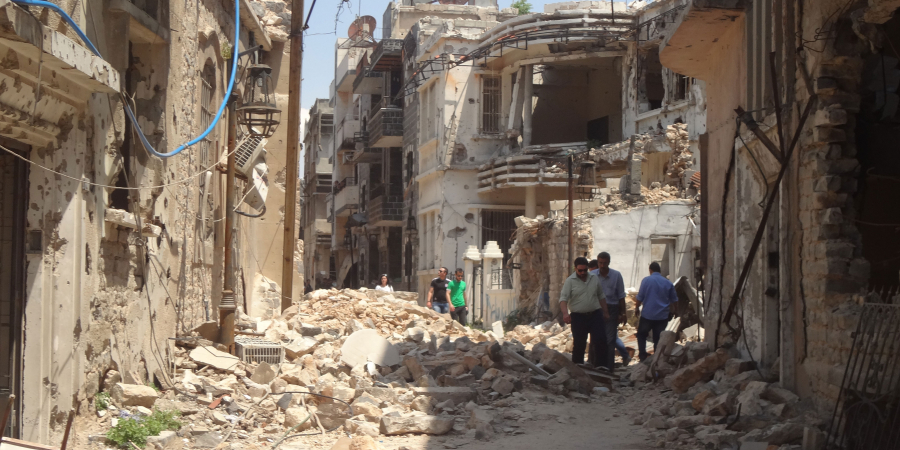Youth.Heritage.Africa. is a new ICCROM long-term regional initiative. The goal is to create economic value, invest in social and human capital, and foster innovation and creativity within the heritage sector in line with the UN Sustainable Development Goals 2030 and the aspirations of the African Union’s Agenda 2063.
There is good reason to focus on African youth. Africa is home to the world’s youngest and fastest-growing population; those between the ages of 14 and 35 years constitute over 40%. They are also the most affected by unemployment and poverty. At the same time, the context is evolving fast: there is a growing network of African universities, of active civil society, and of vibrant tech ecosystems around the continent. Africa’s youth combined with its rich heritage hold a great potential for social and economic development.
Building upon the experience and know-how of the African World Heritage Fund, the École du Patrimoine African and other African institutional partners, the new ICCROM programme will have the following objectives:
- Engage Africa's youth in caring for heritage – its conservation, resilience, management and promotion.
- Mainstream sustainable entrepreneurship opportunities within the heritage sector.
- Develop sustainable, resilient and innovative use of heritage for education, development and peace.
In the next 3 years, we will engage youth through:
- The creation of six pilot “heritage hubs” that will bring them together around heritage activities and heritage assets.
- A yearly Africa-wide Youth & Heritage Competition to discover talent and support them technically and financially so they can build their business.
- Leadership in heritage management and entrepreneurship training in order to strengthen current and future heritage institutions.
At the global level, ICCROM and its partners will strive to raise the profile of heritage, especially among politicians and high-level decision makers.
By 2022, we expect that over 1500 young Africans will have been involved in the programme, supported by an active network of heritage institutions across the continent.



